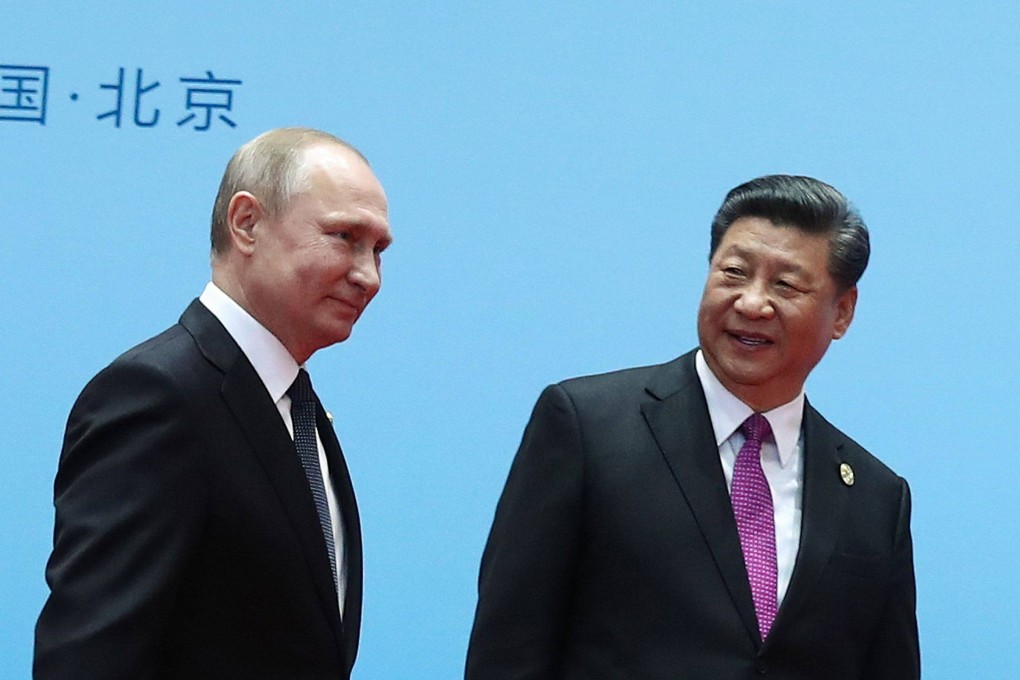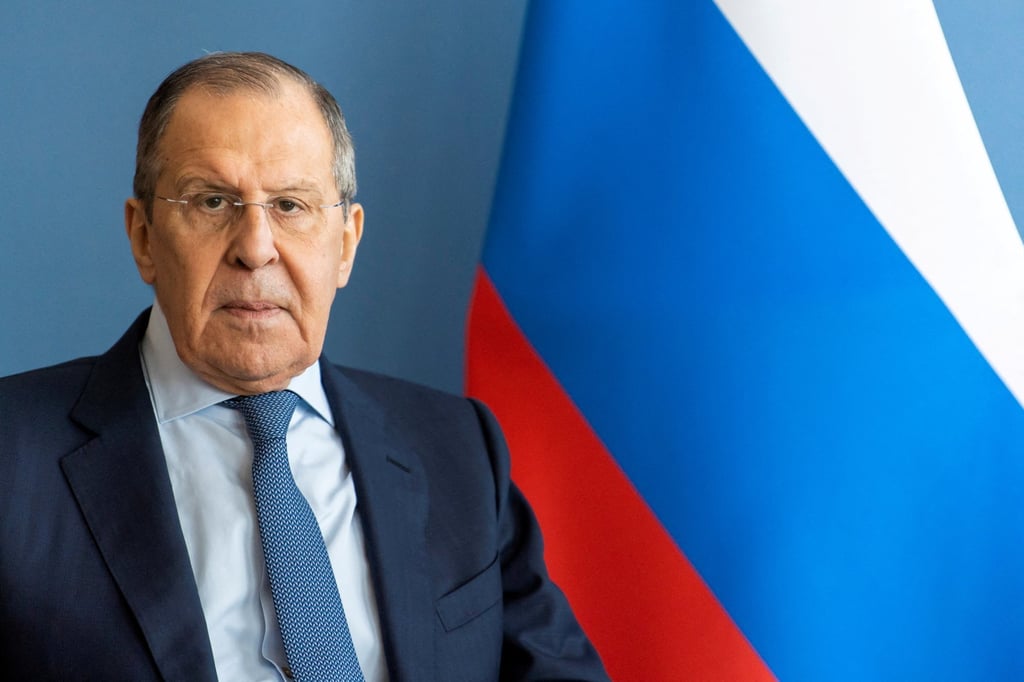The Russians bringing gas power to Beijing Olympics side talks
- President Vladimir Putin has brought a small but heavy-hitting team with him on his China visit, with up to 15 deals on the table
- Putin is also the first world leader to meet Xi Jinping in person since the start of the pandemic in 2020

1. Vladimir Putin
Putin and Xi have been strongly supporting each other in the face of tensions with the West over human rights issues and Ukraine.
Closer gas and financial ties will be discussed when the two leaders have lunch together on Friday, and they could sign more than 15 agreements.
2. Foreign Minister Sergey Lavrov
One day ahead of the Xi-Putin summit, Russia’s foreign minister met his Chinese counterpart Wang Yi and vowed closer coordination between the two countries.
Lavrov, who began his diplomatic career in Sri Lanka, has been in his current role since 2004. He has worked closely with the United Nations throughout his service, including as first secretary of the Soviet Union’s embassy, becoming Russia’s permanent representative after its collapse.

Lavrov speaks English, French and Sinhala, and was described as “a tough, reliable, extremely sophisticated negotiator” by Bobo Lo, a foreign policy expert who headed the Russia and Eurasia Programme at London’s Chatham House.
3. Energy Minister Nikolai Shulginov
Shulginov has a long history with Russia’s power supply industry before joining the government in 2020.